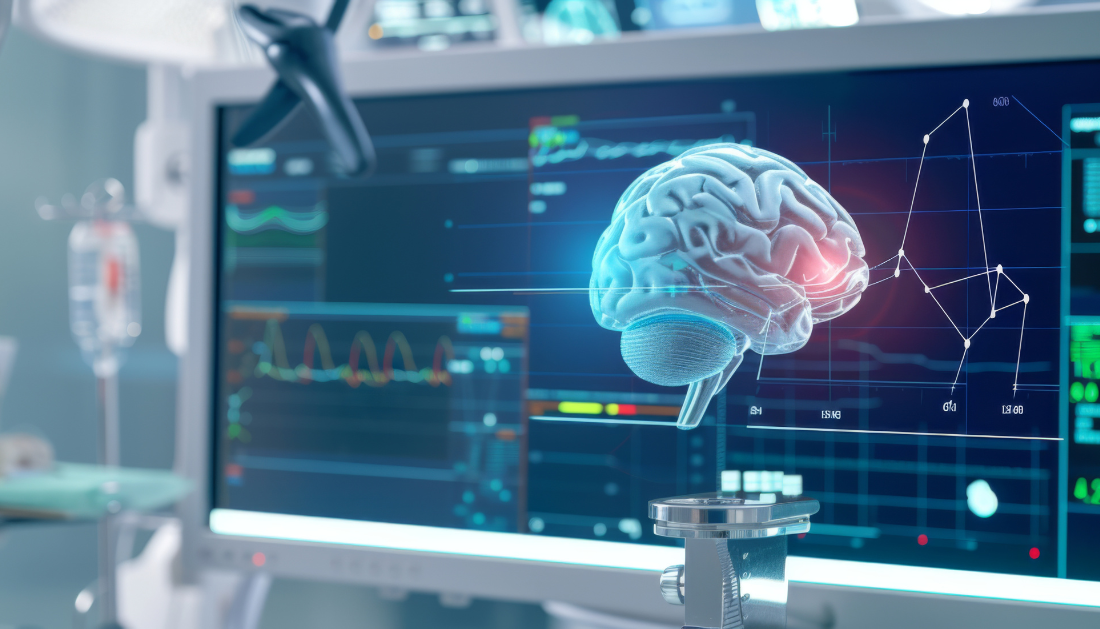

Using large-scale neuroimaging can help advance neuroscience research in this age of artificial intelligence and machine learning.
In order to that end, a consortium of three academic medical centers has been granted a two-year, $460,000 grant by the American Heart Association, which will celebrate 100 years of lifesaving service in 2024. The grant is intended to allow the centers to collaborate and share de-identified imaging data from individuals enrolled in the association’s Get With The Guidelines® – Stroke registry.
The group, which consists of scholars from Cornell University and Columbia University, will be led by a Yale University team. When they get together, they will:
Collect and de-identify neuroimages (such as CT and MRI scans) from various patient groups in the Get With The Guidelines – Stroke registry;
Connect the pictures to the patient record’s unique ID;
Upload the information to the Precision Medicine Platform of the American Heart Association; and
Work together to examine the combined data.
“We are excited to lead this important work to expand scientific understanding of stroke,” said Sam Payabvash, M.D., associate professor at Yale University School of Medicine and lead investigator of the awarded project.
“Images are critical to several aspects of neuroscience research, including increasing precision in evaluating risk and outcomes.”- Sam Payabvash, M.D., Associate Professor, Yale University School of Medicine
The Get With The Guidelines – Stroke registry has been gathering comprehensive data on stroke patients since 2003. It has 9.6 million stroke records as of 2023 from over 2,800 hospitals, which can be utilized for research, to track patient outcomes, to enhance the quality of healthcare, and to examine optimal treatment approaches.
“Images gathered through this project have the potential to significantly advance scientific research and insights around stroke, with the goal of providing the best possible care for patients,” said Jennifer Hall, PhD, FAHA, chief of data science at the American Heart Association and co-director of the Association’s Institute for Precision Cardiovascular Medicine. “As the American Heart Association celebrates its centennial year, we remain committed to quality improvement research in the next 100 years. Enabling health care professionals to share images in a safe and protected manner will help to advance health and hope for everyone, everywhere.”
more recommended stories
 Phage Therapy Study Reveals RNA-Based Infection Control
Phage Therapy Study Reveals RNA-Based Infection ControlKey Takeaways (Quick Summary) Researchers uncovered.
 Safer Allogeneic Stem Cell Transplants with Treg Therapy
Safer Allogeneic Stem Cell Transplants with Treg TherapyA new preclinical study from the.
 AI in Emergency Medicine and Clinician Decision Accuracy
AI in Emergency Medicine and Clinician Decision AccuracyEmergency teams rely on rapid, accurate.
 Innovative AI Boosts Epilepsy Seizure Prediction by 44%
Innovative AI Boosts Epilepsy Seizure Prediction by 44%Transforming Seizure Prediction in Epilepsy Seizure.
 Hypnosis Boosts NIV Tolerance in Respiratory Failure
Hypnosis Boosts NIV Tolerance in Respiratory FailureA New Approach: Hypnosis Improves NIV.
 Bee-Sting Microneedle Patch for Painless Drug Delivery
Bee-Sting Microneedle Patch for Painless Drug DeliveryMicroneedle Patch: A Pain-Free Alternative for.
 AI Reshapes Anticoagulation in Atrial Fibrillation Care
AI Reshapes Anticoagulation in Atrial Fibrillation CareUnderstanding the Challenge of Atrial Fibrillation.
 Hemoglobin as Brain Antioxidant in Neurodegenerative Disease
Hemoglobin as Brain Antioxidant in Neurodegenerative DiseaseUncovering the Brain’s Own Defense Against.
 Global Data Resource for Progressive MS Research (Multiple Sclerosis)
Global Data Resource for Progressive MS Research (Multiple Sclerosis)The International Progressive MS Alliance has.
 AI Diabetes Risk Detection: Early T2D Prediction
AI Diabetes Risk Detection: Early T2D PredictionA new frontier in early diabetes.

Leave a Comment